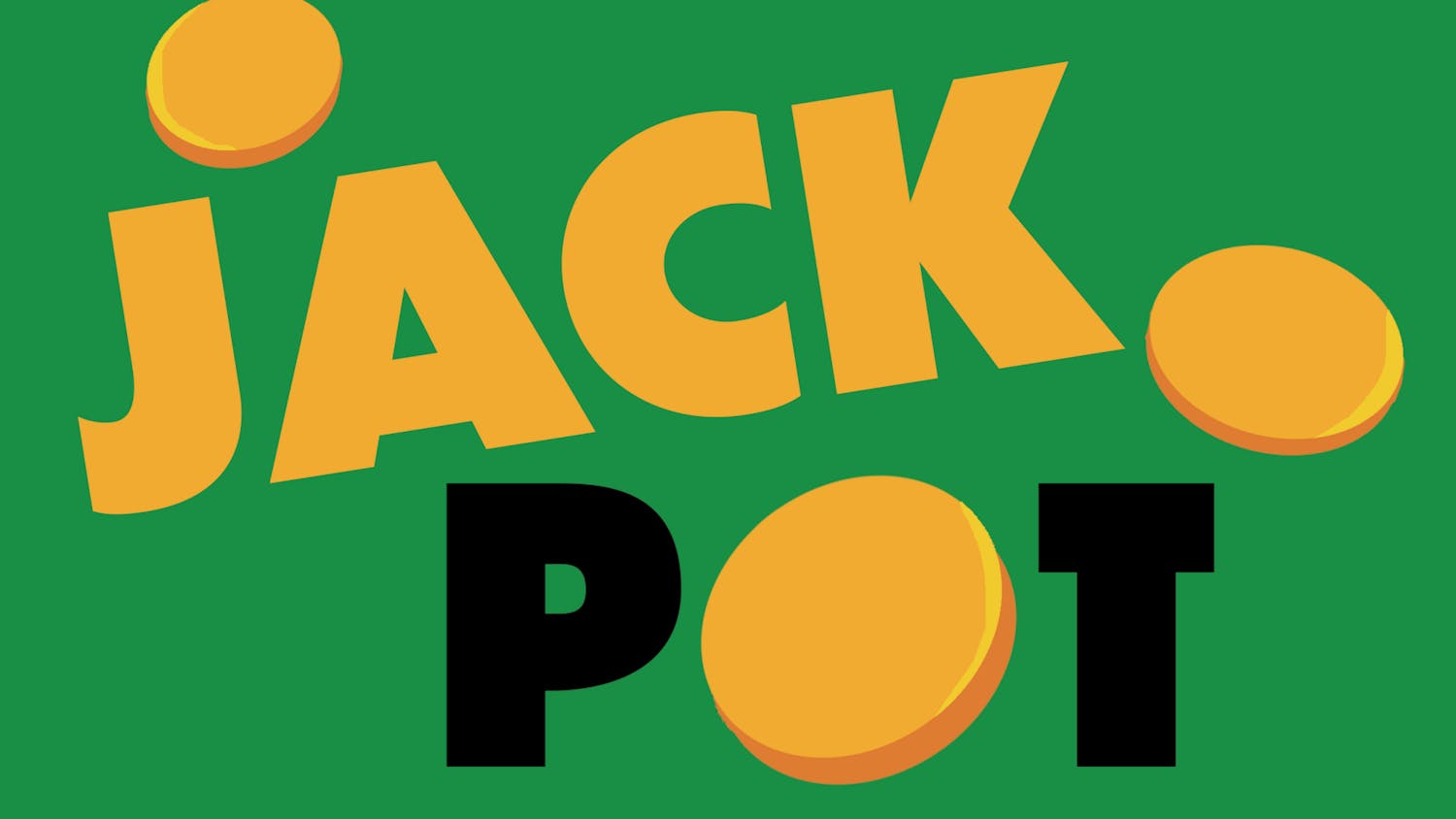When the world wide web became available for public use in 1991, few could imagine how vast its influence would be just 30 years later. As prominent as the web is though, its newness and constant evolution have left many folks behind. Nearly 22 million (42%) of American seniors lack wireline broadband access at home, and scheduling appointments online to get COVID-19 vaccinations for the elderly has been dubbed a crisis.
This is partly due to the fact that older generations never had the luxury of being taught how the internet functions. While younger kids grew up with the internet and learned in school how “.orgs” are more credible than “.coms” and to avoid citing Wikipedia for their essays, many older folks online are unable to tell what is and isn’t reliable.
The rise of the baseless QAnon conspiracy is a perfect example of what this lack of understanding can cause. Former members state how they were mainly exposed to the conspiracy theory on sites such as Facebook and YouTube, both platforms where anyone can say anything with no fact-checking and little restrictions. QAnon thrives on these free-for-all sites, and the global reach of the internet allows for a small minority of believers to connect and look larger and more credible than they actually are to reel people in.
Many people are also unaware that their internet experience is largely controlled by algorithms that show content a consumer would be most interested in clicking on. If you look up cute cat videos on YouTube, you’re going to be recommended cute animal videos. If you search for conspiracy groups like QAnon, you will similarly be blind to sources disproving the group and trapped in an echo chamber that directs you to the content you want to see.
When rumors about a horrific video filming Hillary Clinton assaulting children begin circulating, and the algorithm only shows other sites claiming it is real, how is someone supposed to realize it’s fake news? Many people buy into the lies and cause very real harm.
QAnon supporters can hardly be mocked when many “internet savvy” people make the same mistakes. Cancel culture is a testament to how often people take an allegation posted on social media and parade it as truth without fact-checking. Careers and lives are ruined as people get swept up in the excitement and dox others instead of thinking critically and examining evidence.
The internet is complicated, and people must be knowledgeable on how it works to traverse the web safely. Yet what is “safe” on the internet is always changing. It is hard to keep up, and that lapse in knowledge is costing America in more ways than one.
Charlene Pepiot is a junior studying English at Ohio University. Please note that the views and opinions of the columnists do not reflect those of The Post. Want to talk more about it? Let Charlene know by emailing her @cp872117@ohio.edu.





